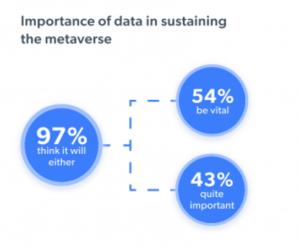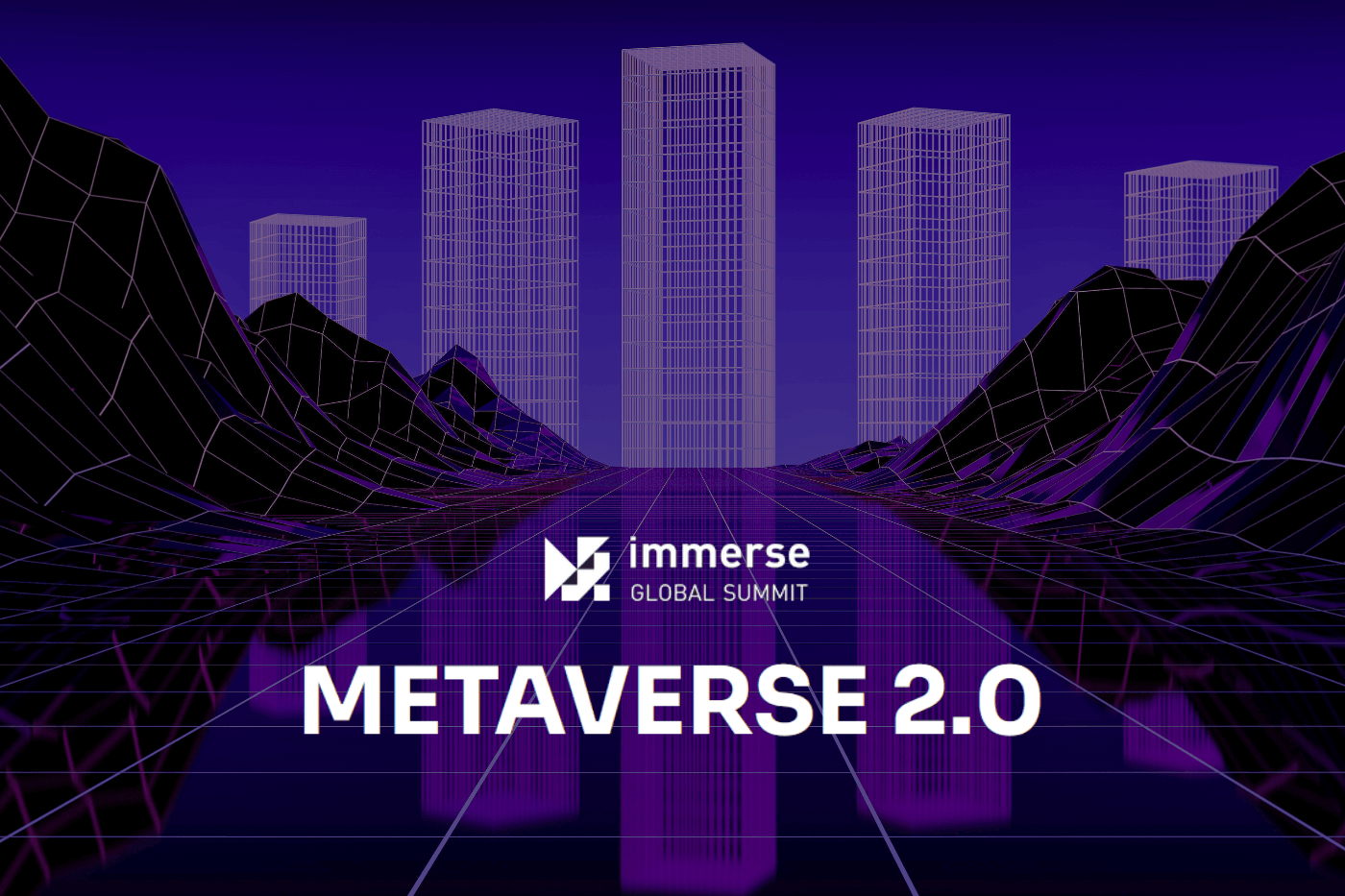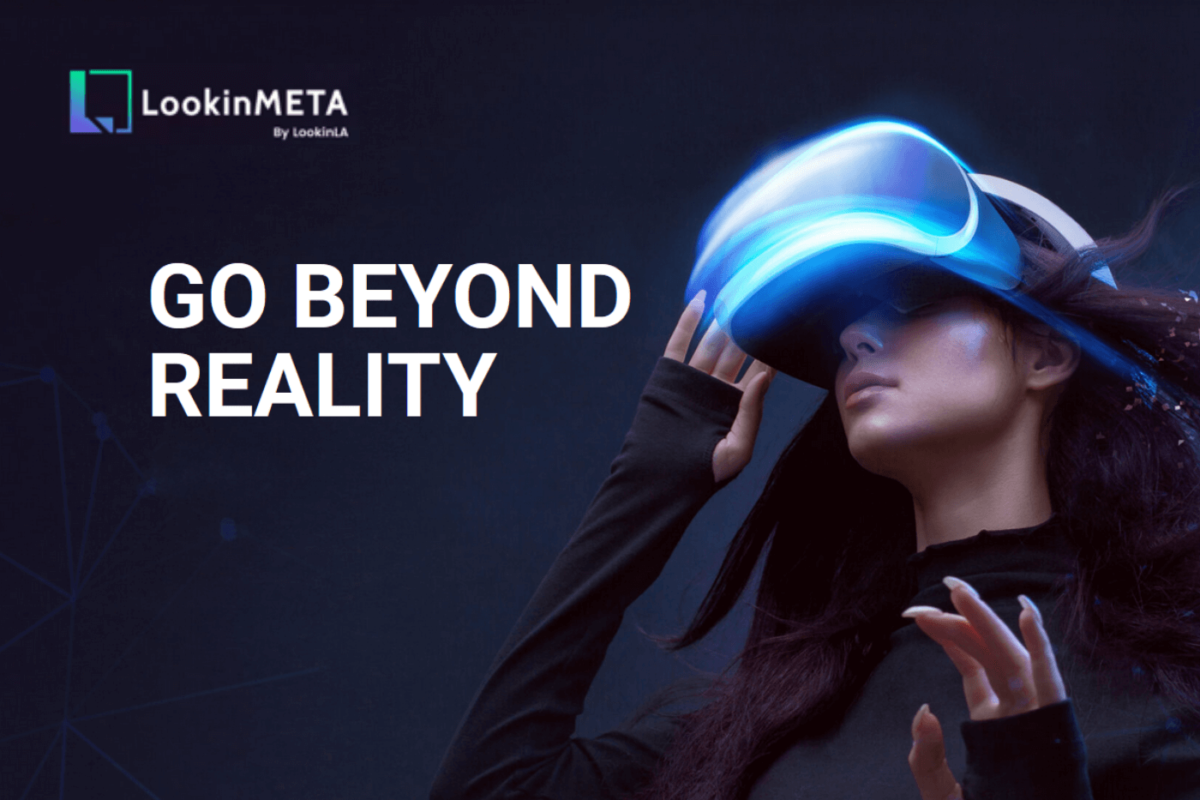Another Peak at VR-Enabled Cars, This Time From Holoride and Porsche
We’ve been keeping our eyes on holoride for a while now. The company promises VR-enabled in-vehicle entertainment and productivity applications – and they’ve delivered. However, those experiences have been demos and attractions at events, not something that an individual could actually use in their personal vehicle. holoride recently announced their first commercial installment with Porsche, featuring Cosmic Chase, holoride’s first original title, developed by Schell Games. While this is still a location-based experience currently only available at LA’s Porsche Experience Center, it does give us an exciting look at one of the experiences coming to consumer vehicles as early as this year. What Is the Experience? Schell Games is the studio behind well-known VR titles including Until You Fall, Among Us VR, and the I Expect You to Die series. If some of this is ringing a bell, Schell Games was one of the leaders in a $12M funding round









